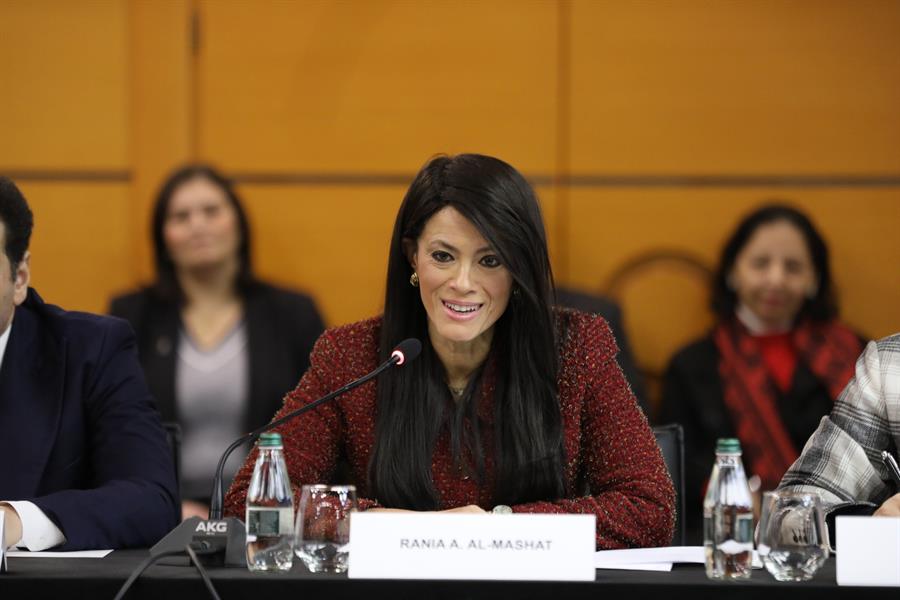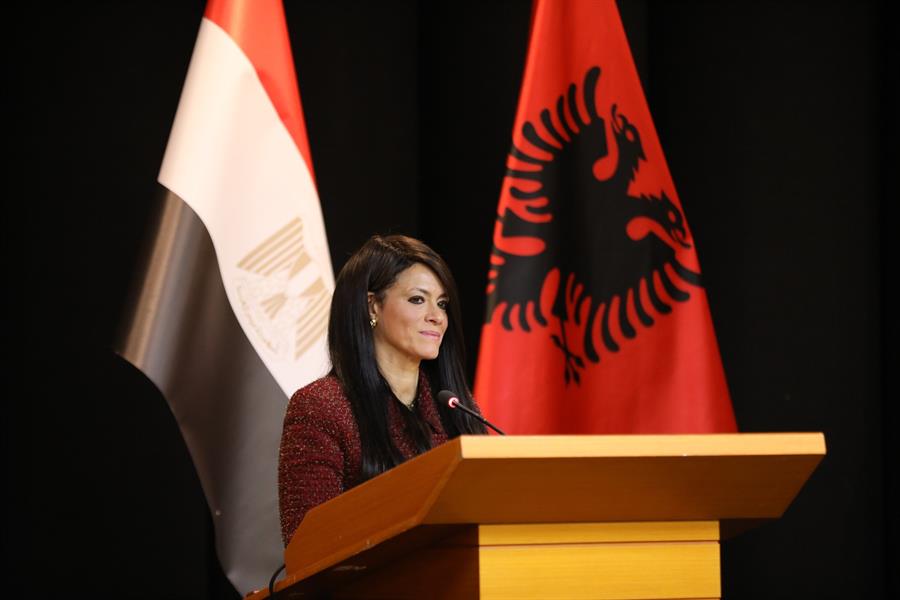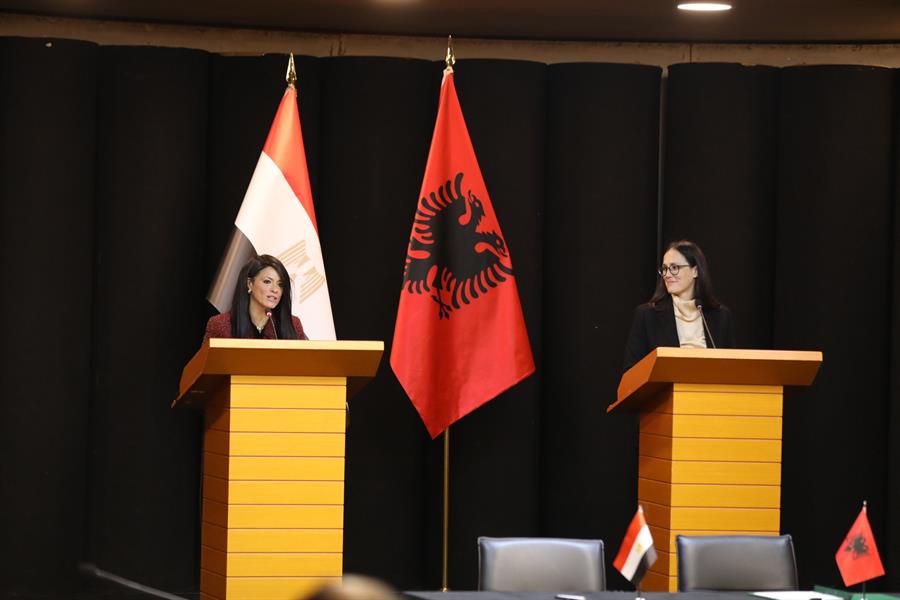NIGSD issues a report on Egypt’s status in the Global Innovation Index 2023

21 October 2023
The National Institute for Governance and Sustainable Development (NIGSD), the training arm of the Ministry of Planning and Economic Development, issued a report on Egypt’s position in the “Global Innovation Index 2023” issued by the WIPO - World Intellectual Property Organization.
Dr. Sherifa Sherif, Executive Director of NIGSD said that WIPO issues the Global Innovation Index in order to provide a detailed measure of innovation in 132 countries around the world.
The index ranks the performance of innovation ecosystems, highlighting the strengths and weaknesses of innovation as well as identifying specific gaps in the innovation scale.
Each country receives an overall score on the Global Innovation Index on a scale of 0 to 100 points, ranked out of 132 countries.
The indicator also uses three types of data: composite indicators, surveys, and fixed data series.
Regarding Egypt’s performance in the Global Innovation Index, Sherif pointed out that Egypt’s performance has improved in general in the past decade, as in 2013 Egypt ranked 108th, but in 2023 Egypt’s ranking advanced, as it ranked 86th out of 132 countries.
The institute’s report included a set of proposed recommendations in order to enhance Egypt’s performance in the Global Innovation Index, as the results of the Global Innovation Index for Egypt during the period between (2013-2023) demonstrate the necessity of paying attention to the main dimensions on which this index is based to enhance Egypt’s performance.
Regarding the development of the market and the business environment, the report recommended completing the government reform process to increase the role of the private sector, especially emerging companies with innovative ideas, in addition to completing the challenges facing the overall balance of the economy through the current economic reform program.
Regarding human capital and research, the report recommended continuing to train workers in the agricultural, industrial, and technological sectors, allocating specialized programs to develop innovation skills, and working to adopt capacity-building programs and workshops for university students to spread awareness about the importance of entrepreneurship and innovation, in addition to training in advanced curricula for innovation and entrepreneurship. Business.
About institutions, the report recommended the localization of governance principles in the state’s administrative apparatus and the private sector, especially the principles of accounting and accountability, as they play a role in selecting competent people who are either capable of innovation or supporting innovative ideas.
Regarding infrastructure, the report recommended completing the expansion of information and knowledge infrastructure, especially in the Delta, Upper Egypt, and Sinai governorates, and completing the process of digital transformation, which has an impact on collecting data and facilitating access to it to work on innovation research.









